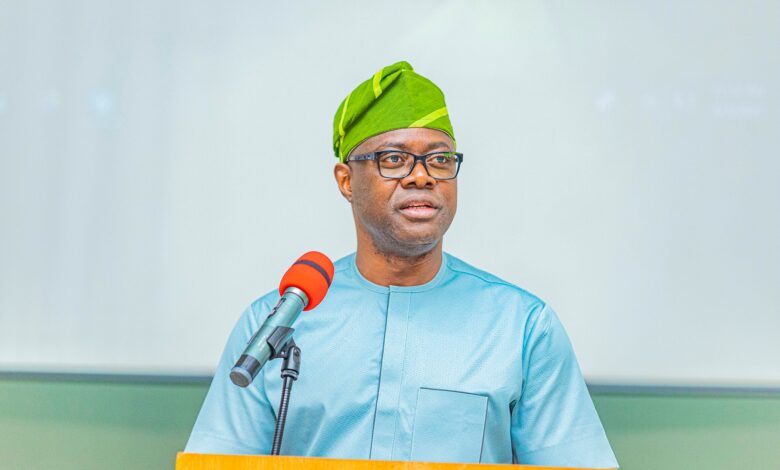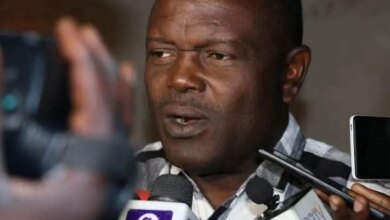Uncategorized
2026 U-20 WWCQ: Gov Makinde rewards Falconets with $15,000 for win over Rwanda

Nigeria’s Falconets were rewarded with $15,000 by Oyo State Governor, Seyi Makinde, following their victory over Rwanda on Saturday, DAILY POST reports.
Makinde announced the cash gift during his visit to the team after the game.
Moses Aduku’s side defeated the She-Amavubi 4-0 in the second leg of their 2026 FIFA U-20 Women’s World Cup qualifying fixture in Ibadan on Saturday.
The Falconets won the two-legged contest 5-0 on aggregate.
Precious Oscar, Tumininu Adeshina, Janet Akekoromowei and Alaba Olabiyi were all on target for Nigeria in the game.
The Falconets will face Senegal in the final qualifying round in February 2026.
Senegal defeated Algeria 2-0 on aggregate to book a date with Nigeria.





